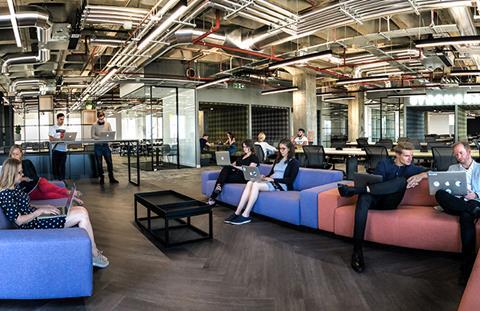
Revolut is a global financial technology platform, offering a range of services to help business and personal customers manage their money. Launched in 2015, it employs around 2,700 people and has offices in 24 countries around the world.
The global nature of the business means employees, both existing ones and new starters, will sometimes look to move to another country to take on an opportunity. Hannah Francis, head of executive assistance at Revolut, says: “Moving to a new country can be challenging so we provide relocation support to help our employees get settled. We don’t have a one-size-fits-all approach and will take factors such as role, seniority and the relocation country into consideration, but we will always cover any costs associated with the move.”
Typical relocation costs might include visas; any medical treatment or inoculations required; and family care if the employee has dependants. Once relocated the employee is entitled to the employer's local benefits, including membership of any medical insurance programme.
As well as assistance throughout the relocation, anyone looking to switch countries also benefits from support from Revolut’s employee community. “Our Rev Place channels bring together employees by location,” explains Francis. “We encourage anyone relocating to use them to get tips from their colleagues. They’re incredibly supportive.”
Employees relocating can also reach out to one of the employer's mental health first aiders if they’re struggling to settle. This network is trained to listen confidentially to an employee’s concerns and direct them to appropriate support.
The pandemic has also changed the way Revolut supports employee health and wellbeing. This includes introducing two additional paid days of leave to enable employees to take time off to look after their wellbeing. “We’ve also brought in a temporary working abroad policy, enabling employees to spend up to 60 calendar days a year in another country,” adds Francis. “Our employees are culturally diverse, representing more than 80 different nationalities, and over the course of the pandemic many will have been unable to visit their families. This lets them spend some quality time with them, without having to take time off.”
















